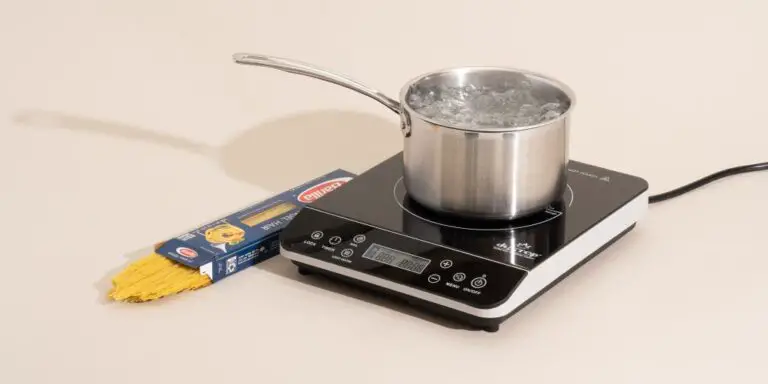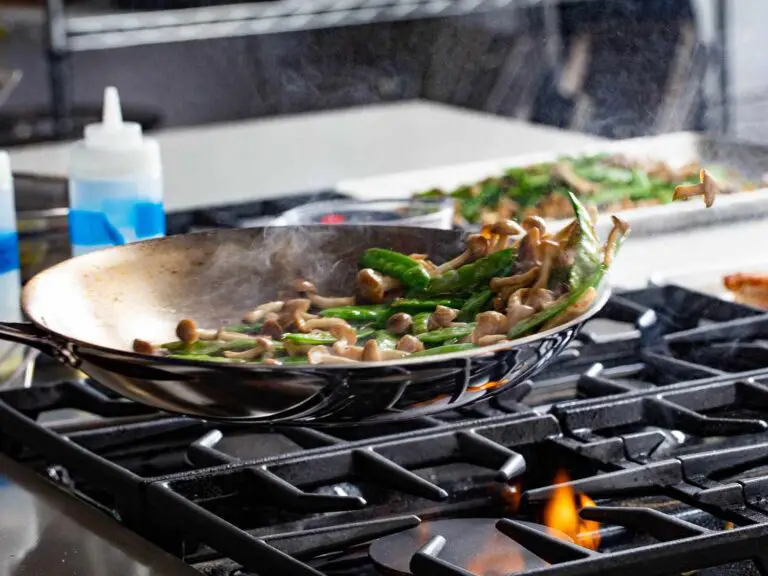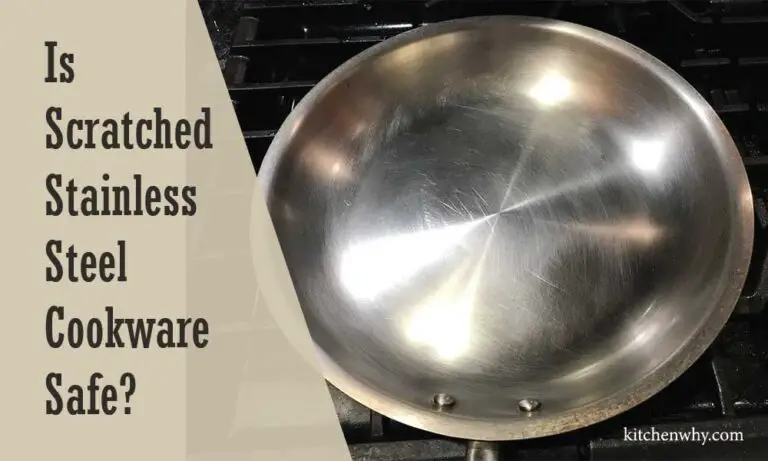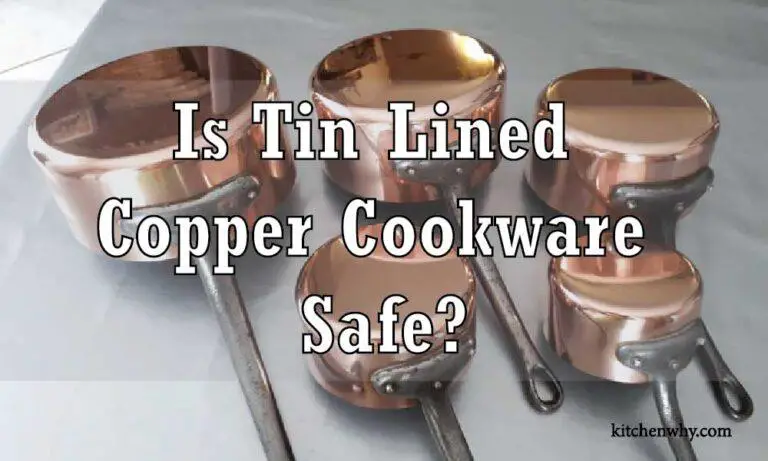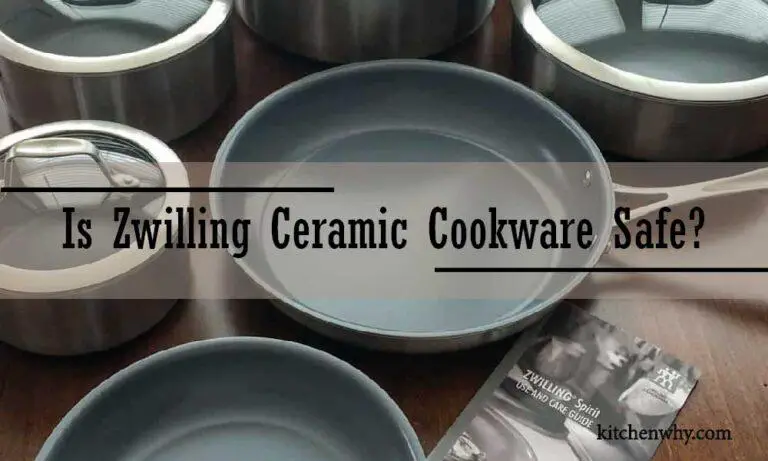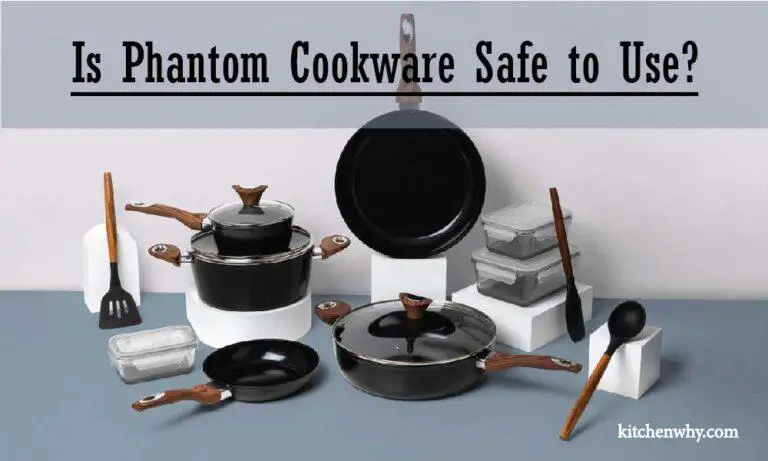Is Bronze Cookware Safe? Unique Blog Before Buying

There is a lot of debate surrounding the safety of bronze cookware. Is bronze cookware safe to use? The answer may surprise you. While there are some concerns about the safety of using bronze cookware, overall, it is considered to be a safe material to use for cooking. Brass and Bronze, they believe, are identical. It isn’t, however. Brass-made cookware is poisonous because it contains copper and zinc, which react with acidic food.
Bronze, on the other hand, is composed of copper and tin, neither of which reacts with acidic or other foods. Nonetheless, every cookware has its flaws. To find out if bronze cookware is appropriate for you, please read the remainder of this article. So, what’s the verdict? If you’re concerned about the safety of bronze cookware, you may want to avoid using it altogether. However, if you’re not worried about potential risks, then feel free to use it as you normally would.
Related Post:
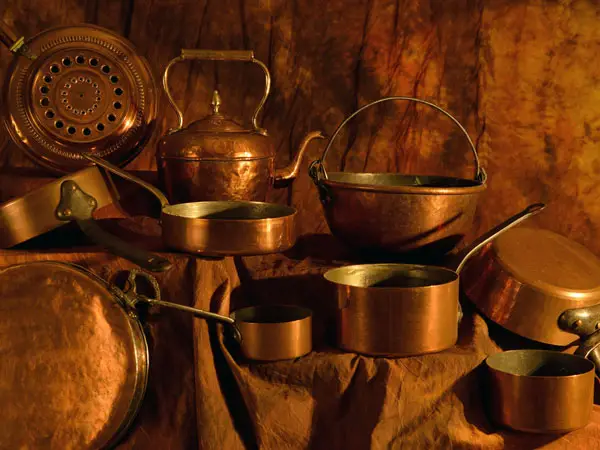
What is Bronze Cookware?
Kitchen cookware made of bronze is a kind of cookware. Food-grade bronze and copper are used to make it. This kind of cookware, which has fast heat up times and even heat distribution, is ideal for this job.
It is non-reactive with food because of its high tin content. The tin content also makes this form of cookware much more durable than others.
The Health Benefits of Bronze Cookware
Healthy cooking is one of the advantages of bronze cookware. You can cook your meal with this cookware and retain the nutrients. The level of carcinogenic compounds can be reduced by using the oxidation process.
In the case of individuals who have previously had a heart condition, it is the most useful. It has a high-quality non-stick cooking surface, is scratch-resistant and durable, is easy to store, and is affordable. It’s very easy to clean and sanitize.
What to Look For in a Good Bronze Cookware?
The cooking utensils aren’t all the same. Cooking with cast iron is better for you, your meals, and the environment than cooking with aluminum or copper. Selecting the best one for your needs is the trick. In excellent bronze cookware, there are a few things to consider:
Quality: I’d recommend buying from a well-known brand that offers a lifetime guarantee on its goods. When it comes to buying good quality items versus cheap ones that won’t last, spending a bit more is always better.
Non-stick: Non-stick cookware has a great flavor and doesn’t need much oil.
Cooking: Whenever possible, choose a product that will work on all stovetops, from induction to ceramic and gas to halogen.
Ease of maintenance: Easy to clean and maintain should be a priority of the products.
Which Place is Famous for Bronze Utensils?
Bronze utensils are well-known in Odisha’s Balakati and Kantilo. Haryana, India is well-known for its bronze utensils. Because the state of Haryana is where the Bronze is mined. The earliest utensils made of bronze were created some 4000 years ago.
Tips for Cleaning Bronze Cookware
Mixing vinegar or lemon juice in a pot of water and bringing it to a boil is the best way to clean it. The boiling action will help buff the cookware’s surface, while the acids in the liquid will help erase any marks or stains.
Warm, soapy water and a soft sponge are also good cleaning options. Make sure to examine the handle and bottom of the cooking pot. Use a little baking soda and your normal cleaning agent if the cookware is filthy.
Difference Between Brass and Bronze Vessels: ???? Brass vs Bronze Cookware | Zishta
Is Bronze Cookware Safe?
Let’s examine whether or not bronze cookware is safe.
Safe Aspects
- Food-grade Bronze is used to make this cookware.
- It is free of PTFE and PFOA and has a non-reactive coating.
- Oven safe.
- It is simpler to keep food from becoming glued to the bottom of the pan and burnt while in it because of the non-stick coating.
- Sweets such as payas, kheer, halwa, and more are best for making pickles.
- The super-high heat retention rate saves fuel.
Unsafe Aspects
- In comparison to other cookware, it is a little weighted.
- The oven isn’t safe.
- It is not safe to use the dishwasher.
- Cooking at a high temperature isn’t safe.
Recommend
- Instead of using metal utensils, use wooden utensil.
- Avoid dishwasher for cleaning.
Final Verdict
Cooking food in bronze pots is safe. While there are flaws with the limitations, a bronze cooking pot has a lot of advantages.
Is Bronze Cookware Harmful?
Cookware made of bronze does not appear to be harmful, according to evidence. It is safe to use cookware from a reputable manufacturer. Make sure that the cookware you buy is not from a small local brand and has a manufacturing date. It might not be safe to use if it is too old. Remember that the thicker it is, the better it is. When you purchase bronze cookware.
Is Bronze a Toxic Metal?
Bronze is a combination of copper and tin that makes up the majority of the alloy. Bronze should be non-toxic since copper and tin are non-toxic. Bronze, on the other hand, can include a variety of contaminants, so it’s vital to check the manufacturer’s information before buying.
Can Ghee be Stored in Bronze?
You should use pure Bronze to store ghee in Bronze. For this reason, don’t employ brass or copper. Zinc is found in brass and copper. The ghee can take on a bitter taste when zinc reacts with it.
Can You Cook Tomatoes in Bronze?
Cooking tomatoes in Bronze is not recommended. When it comes to acidic tomatoes, Bronze may react. You may, however, cook tomatoes in a copper pot. Tomatoes, basil, green peas, and other vegetables cook best in copper pots.
Are Kansa and Bronze the Same?
Kansa and Bronze are interchangeable. The Indian name for Kansa is Kansa. The materials used in Kansa and bronze cookware are generally the same. Kansa is an Indian company made by expert craftsmen, whereas bronze cookware is a Western company manufactured by machines. Their primary distinction is that Kansa is an Indian brand.
Cooking with bronze and Kansa is a breeze. Cast iron cookware from Kansa may be used to make everything from stews to pizza. Kansa is coated with clay and is therefore scratch-free and smooth, unlike typical cast-iron cookware. Kansa has been utilized for millennia in India as a frequent cooking ingredient.
The clay coating used to make the pot scratch-free is known as Kansa. Kansa cookware has a distinctive appearance due to its weight. Bronze cookware, on the other hand, is made of copper and tin. It’s a excellent heat conductor and non-stick cookware. It’s become increasingly popular lately because it’s healthy, cost-effective, and long-lasting.
Which is Better, Bronze or Brass?
In terms of sound, bronze is superior to brass. The Bronze didn’t react because it doesn’t react with acidic food. The distinction between bronze and brass is mostly a matter of tradition and taste.
Brass is a combination of copper and zinc, whereas bronze is a combination of copper and tin. They are both yellow and have been in use for a long time, which may explain why people continue to use them interchangeably today.
Conclusion
After considering the various factors related to using bronze cookware, we can conclude that it can be safe to use for cooking. While it is not non-reactive and can react with acidic or alkaline foods, careful usage can help minimize any issues.
Furthermore, bronze cookware may contain small amounts of lead, so it is important to be aware of this and take necessary precautions. By purchasing from reputable manufacturers and avoiding using damaged or scratched cookware, you can ensure a safe and enjoyable cooking experience with bronze cookware. Ultimately, with proper usage and care, bronze cookware can be a great addition to your kitchen.

